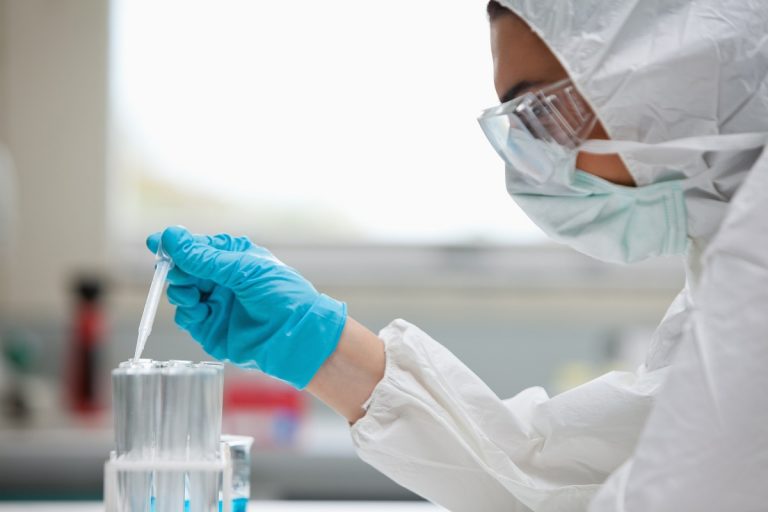During this week, the National Reference Laboratory for Influenza and Non-influenza Respiratory Viral Diseases of the National Institute of Health and Welfare examined four samples from three different patients, and confirmed positive diagnoses of monkeypox in all cases, bringing the total of laboratory-confirmed cases in the Czech Republic to 11. According to the European Centre for Disease Prevention and Control (ECDC), over 1,000 cases have already been reported in the United Kingdom, Spain and Germany. Photo credit: Freepik
Czech Republic, July 12 (BD) – “As far as the Czech Republic is concerned, three positive samples from two patients were sent to us by the Bulovka University Hospital during the week. Furthermore, we marked as positive a sample from a patient from the Ústí nad Labem region on 8 July”, said Radomíra Limberková, Head of the Department of Respiratory, Intestinal and Exanthematic Viral Infections.
Some countries have already exceeded 1,000 cases, such as the United Kingdom (1,351), Spain (1,256) and Germany (1,242). In total, around 6,000 cases of monkeypox have been reported in Europe in 33 countries up to 5 July, of which 5,265 are laboratory confirmed and registered in the European surveillance system (TESSy).
“Many of the reported cases, according to the ECDC report, are people aged 31 to 40 years (42%) and the vast majority of those infected are men (99.6%). Most cases present with a rash accompanied by fever, fatigue, muscle aches, vomiting, diarrhoea, chills, sore throat or headache. No deaths have been reported so far,” said Jan Kynčl, Head of the Infectious Diseases Epidemiology Unit at the National Institute of Health.
The expert publication Eurosurveillance also addresses the possible contamination of surfaces with the monkeypox virus, which has been detected on various surfaces in the hospital rooms of patients with this infection. “This study found that disinfection of common surfaces that come into contact with skin and hands is useful for preventing transmission in homes and hospitals. However, despite the high contamination of the surfaces examined, the results of this study did not show that infection could arise from contact with these surfaces,” said Kynčl.
For more details on the evolution of monkeypox worldwide, you can also check the ECDC report on the website www.szu.cz.






